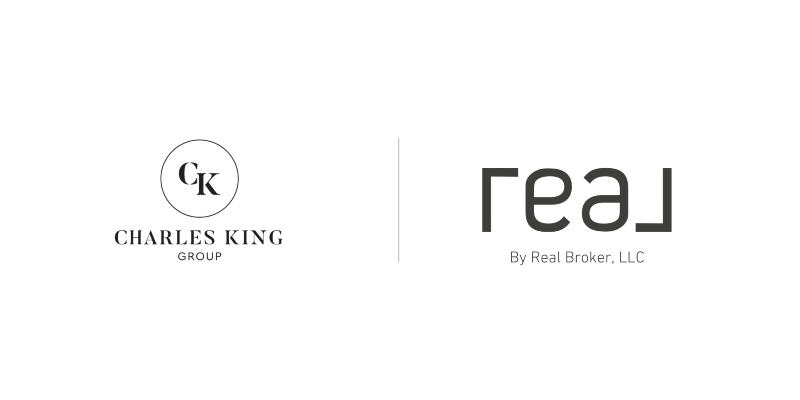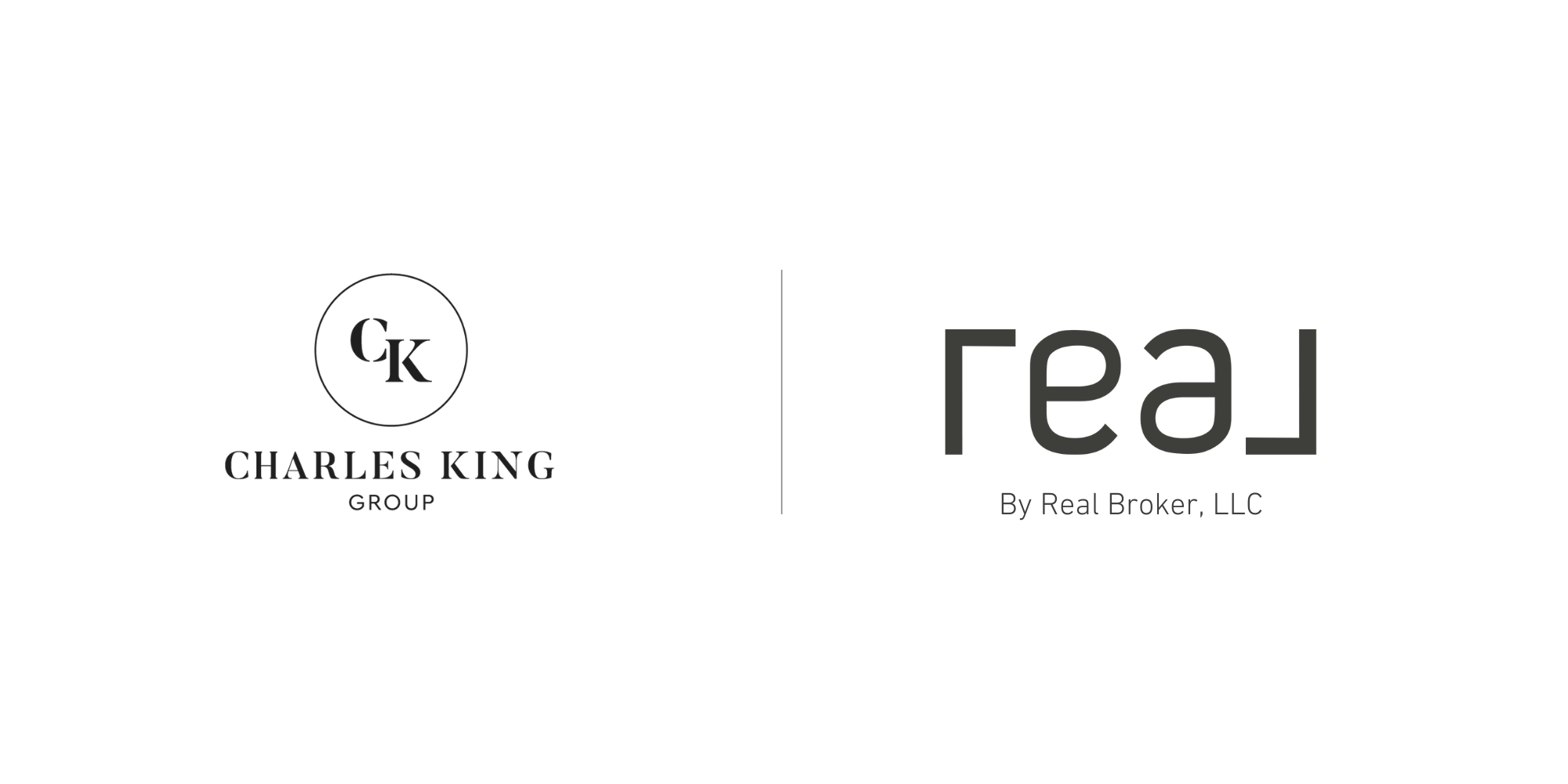Are Home Sales Profits Considered Income? What Homeowners in Hingham, MA, and the South Shore Need to Know
If you're planning to sell your home in Hingham, MA, or anywhere on the South Shore, Cape Cod, or other parts of Massachusetts, understanding how home sale profits are taxed is essential. Whether you're selling a cozy bungalow in Hingham or a beachfront property on Cape Cod, here's what you need to know about whether your home sale profits are considered taxable income.
Profits From a Home Sale: Income or Not?
When you sell a home, the profit you make is technically considered income, but it may not always be taxed. The tax treatment depends on how the property was used, how long you've owned it, and the amount of profit earned. For homeowners in Massachusetts, particularly in high-demand areas like the South Shore and Cape Cod, understanding these rules can save you significant money.
The Primary Residence Exclusion
For those selling their primary residence in Hingham or anywhere in Massachusetts, you may qualify for a capital gains tax exclusion. Here's the breakdown:
- Single filers can exclude up to $250,000 in profit.
- Married couples filing jointly can exclude up to $500,000 in profit.
To qualify:
- You must have owned the home for at least 2 years.
- The home must have been your primary residence for 2 of the last 5 years.
- You must not have claimed this exclusion for another home sale in the past 2 years.
This exclusion is especially beneficial for homeowners on the South Shore and Cape Cod, where property values are often higher than the state average.
What About Investment or Vacation Homes?
If you're selling an investment property or a second home, such as a summer retreat on Cape Cod, the profits are taxed differently. These properties are subject to capital gains tax:
- Short-term gains (owned less than one year) are taxed as ordinary income.
- Long-term gains (owned more than one year) are taxed at lower capital gains rates.
If you’ve rented out your property or claimed depreciation deductions, you may also need to account for depreciation recapture, which is taxed at a different rate.
Special Considerations for South Shore and Cape Cod Homeowners
In high-demand areas like Hingham, MA, and the surrounding South Shore region, homes often appreciate significantly over time. While this is great for sellers, it’s important to ensure your sale qualifies for tax exclusions to avoid unnecessary tax burdens.
For example, if you've converted part of your home into a home office, or if you’ve used it as a rental property, you may face additional tax implications.
Reporting Home Sale Profits
Even if you qualify for the capital gains exclusion, you may still need to report the sale to the IRS if:
- Your profit exceeds the exclusion limits.
- You received a Form 1099-S from the sale.
Always consult a tax professional to ensure you comply with both Massachusetts state and federal tax laws.
Final Thoughts
Selling a home in Hingham, MA, or anywhere on the South Shore or Cape Cod, can be both exciting and financially rewarding. By understanding how home sale profits are taxed and taking advantage of available exclusions, you can keep more of your hard-earned equity.
Looking to buy or sell real estate in Hingham or other parts of Massachusetts? Contact us today for expert guidance tailored to the South Shore and Cape Cod markets.




